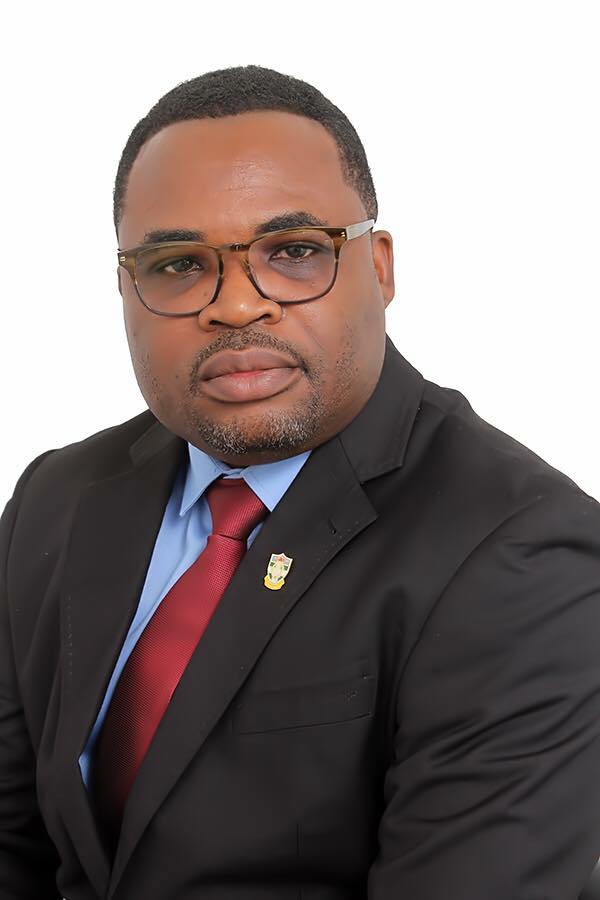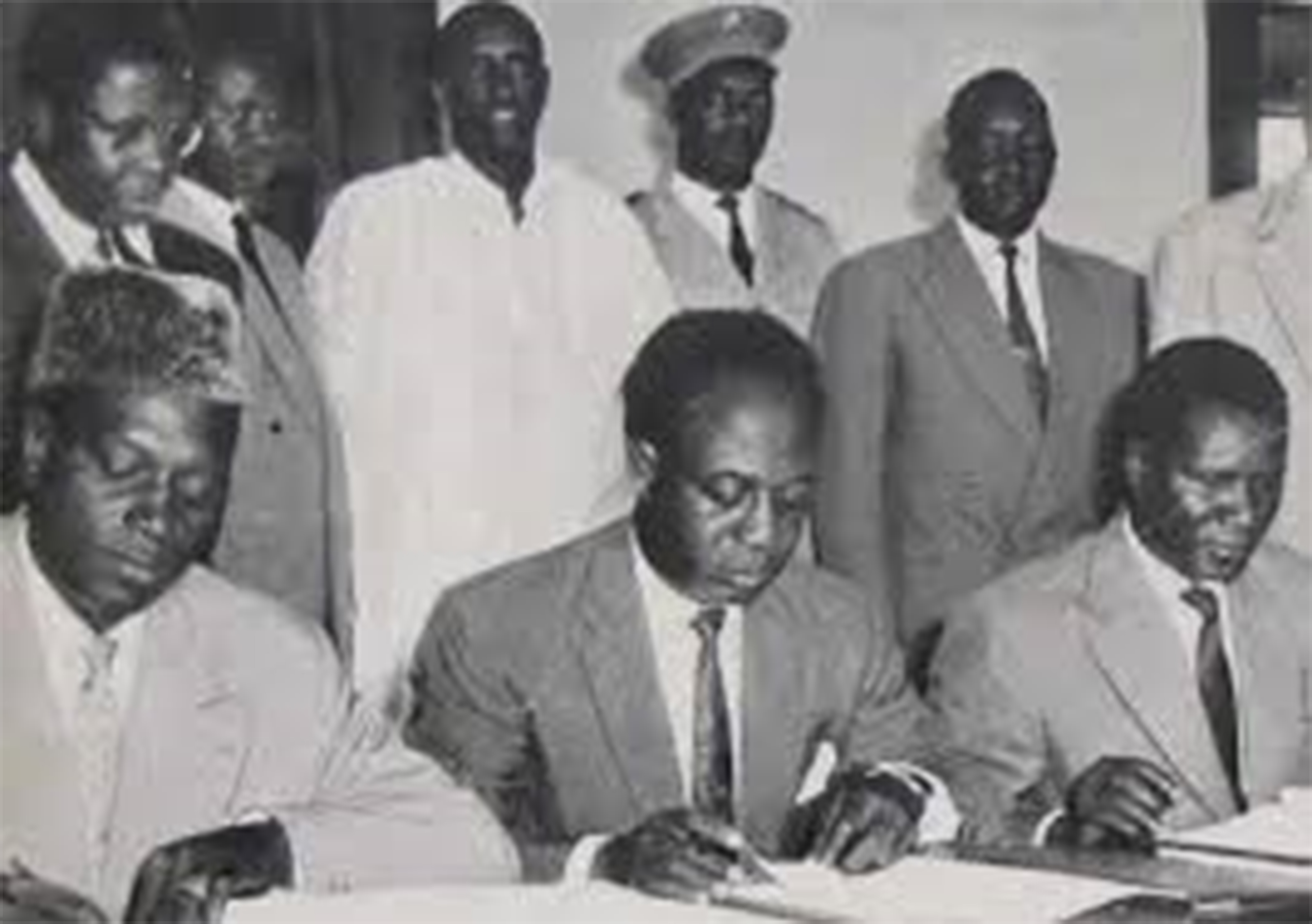At the advent of the Organization of African Unity (OAU) in 1963, Africa was such a force that the then global power blocks spent a chunk of their time and resources courting Africa to be their allies. This was mostly spearheaded by the United States, United Kingdom, France, USSR, Germany, etc, The circumstances that led to USA financing the construction of Ghana’s Volta Dam, the heavy developments in Zairean (now Congo), Côte d’Ivoire, Malawi, etc are all testaments of how critical these countries treasured their relationship with Africa. Those were days when gatherings of African Heads of State were summits that delegates of the powerful Western and Eastern blocks yearned to sit in and align with.
In the 1970s, the most referred Secretary of State of USA of all time is attributed to have
made the popular maxim, “America has no permanent friends or enemies, only interests”.
What is it that will therefore get such a country to be so interested in Africa as will invest so
much of its wealth in these countries?

My dear friend, after many years of discussions at all manner of levels, the Heads of State
and Governments of countries in the West African sub-region agreed to the creation of the
ECOWAS passport. On 7 th May 2007, President Olusegun Obasanjo, then the President of the
Federal Republic of Nigeria and Chairman of ECOWAS launched the ECOWAS passport. All
the Heads of State in the ECOWAS sub-region were immediately issued with their passports
but the actual roll-out of the ECOWAS passport to the citizens took a while. As of 2018, six
countries (Ghana, Togo, Benin, Mali, Guinea and Senegal) had begun issuing the ECOWAS
passport to its citizens.
Then over the last weekend, we were treated to the news item that the path towards the
creation of one passport for all Africans was to inch one step closer in the coming year. We
were told that the 32nd Heads of State summit to be held in February will among others be presented with details on the issuance of the long-awaited African passport.

Apparently, the African passport was initially introduced in 2016 and has since then
remained exclusive to only the heads of state and other diplomats with Chadian leader
Idriss Déby and Rwandan President Paul Kagame being the first recipients. Apparently,
immigration experts from member states had met in July 2019 in Nairobi to deliberate on
the technical specifications, security features of the African passport and how best to unroll
it across the African Union’s fifty-five states.
Thinking through this, my dear friend, I kept asking myself why our leaders took us through
the long and windy route of over ten years from the point of discussions to the point of
actual roll out of the ECOWAS Passport only to succumb the process to another passport
(AU Passport) which we are now told will be rolled out from February 2020.
This kind of haphazard arrangement is clearly one that smacks of lack of planning and
cooperation. But is it surprising at all? Why am I surprised at this attitude? After all, is this
not Africa, where we mostly do things in a very irregular fashion?

Here, in this land of our birth, the government in the mid-2000s began a project to introduce a national identity card (aka Ghana Card). This was to be a one-stop biometric card embedding on it all the details of a holder’s Passport, Social Security, Driver’s license, Voter Identity and Birth Certificate among others. The test run was successfully completed and roll-out began in 2007 with some section of Ghanaians obtaining their Ghana Card with a good number with slips awaiting theirs.
Upon the assumption of a new government in 2009, the process was botched and
eventually abandoned altogether. After about three years of back and forth, government
then promised to pick up the pieces. Meanwhile, the lull had given space for many
organizations to issue their own biometric cards. The Social Security and National Insurance
Trust (SSNIT) began it all with the issuance of a biometric SSNIT Card. This was followed by
the National Health Insurance Authority (NHIA) with its own biometric identity card. Then
the Passports Office of the Ministry of a Foreign Affairs jumped into the fray with the
biometric passport. From nowhere, the Births and Deaths Registry with the support of
donor organizations also joined the fray with biometric birth certificates. Finally in June
2017, the Driver and Vehicle Licensing Authority (DVLA) launched and began issuing its own
Biometric license.

When all these agencies (minimum of five) had fully rolled out their individual biometric
cards, the National Identification Authority resurrected from comatose with a dusted Ghana
Card project that was set to cost the Ghanaian taxpayer a whopping USD124 Million
(Equivalent of GHC651 Million).
Now comes my questions: If we knew that we were going to still pursue this NIA Ghana Card
which should not have been abandoned in the first place, why did we wait and allow all
those five state entities to roll out their individual biometric cards? Currently, the Ghana
Card which is being rolled out quite smoothly imbeds in it the details contained on all the
SSNIT card, Driver’s License, NHIA card, Ghana Passport, Birth Certificate among others.
Having done all of this, what becomes of the various cards for which procurement had
essentially been completed for them and millions of Dollars in the dozens spent, all gone
down the drain essentially. In November 2918, SSNIT for example announced that it was
stopping the issuance of the biometric SSNIT card and instead have its system plugged into
the NIA system.
As though we had not had enough comedy, our Electoral Commission has in the last week
given the strongest hint that it intend re-registration of all the voters and issuing new
identity cards. So why will my voter ID details be loaded on my Ghana Card and yet still have
our EC having the temerity to want to dissipate scarce resources to repeat the process. As
Lilian will say, ‘I can’t think far!’

Are our men and women in authority to behave in such callous manner as to constantly be
driven by anything that ensures the wanton dissipation of hard-earned wealth our
countries?
The story is almost the same across the continent except that it changes colour and name as it crosses one nation’s border into another. I ask again, ‘Africa, why do we do this to
ourselves?’

My dear friend,


celebrex generic